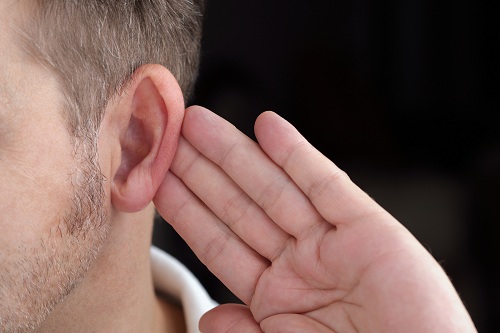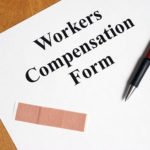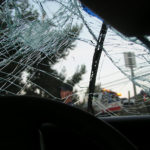ONIHL is a serious problem in Australia. Sadly, many workplaces refuse to implement noise reduction measures because their stakeholders feel it is too costly to do so. Rex Hoy, CEO for Safe Work Australia, released a publication called “Occupational Noise Induced Hearing Loss in Australia” in 2010.
Included in the publication were sections on the causes of hearing loss, Australian ONIHL studies, noise management and conservation of hearing, barriers to noise control and how to enable control programs that work. Here are some highlights.

Effects of Excessive Noise Exposure
According to the National Standard for Occupational Noise, the most noise you should be exposed to in an 8-hour period is (LAeq,8h) of 85 db. The noise level should never rise above 140 dB.
While deafness is what people usually think of as the only effect of excessive exposure, there are other, non-hearing related effects that can be debilitating. They include: memory loss, depression, reduced quality of life, imparted decision making, social isolation, low self-esteem, low morale, difficulty forming and maintaining relationships. Noise can be below the thresholds of hearing loss and still produce these symptoms with chronic exposure.
How to Control Noise Exposure
These recommendations are in order of importance. The first one is to replace machinery that produces excessive noise with quieter machinery. The next is to isolate loud machines in their own area that is separated from the main work area. Barriers should be installed between noisy machines and workers.
The two recommended engineering solutions are to make machines quieter through modification and to install sound-absorbing material on ceilings and walls. It is recommended that management schedule noisy tasks at times when there are fewer workers on the job. It is also recommended that workers be rotated so that nobody gets a job with excessive noise every day.
The last step is to provide personal hearing protection for workers.
But It Doesn’t Always Work that Way
Unfortunately, some business owners and managers are negligent. They don’t want to make the workplace safer due to costs and “hassle.” And you suffer needlessly. If you think that you may have suffered hearing loss due to negligence on the part of your employer, contact one of the compensation lawyers at Bradford Legal in Perth for a free consultation: (08) 9316 2299.
















You must be logged in to post a comment.